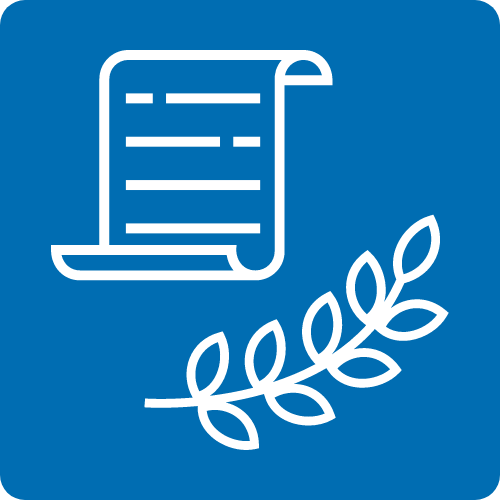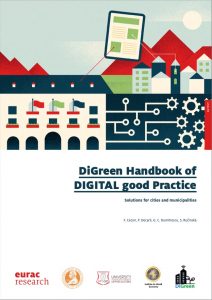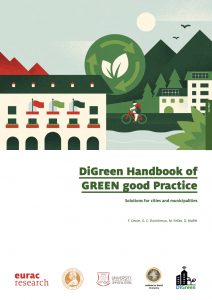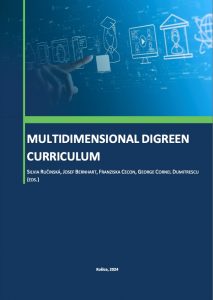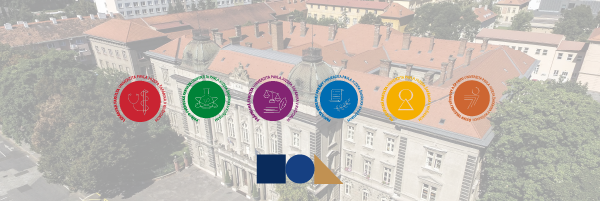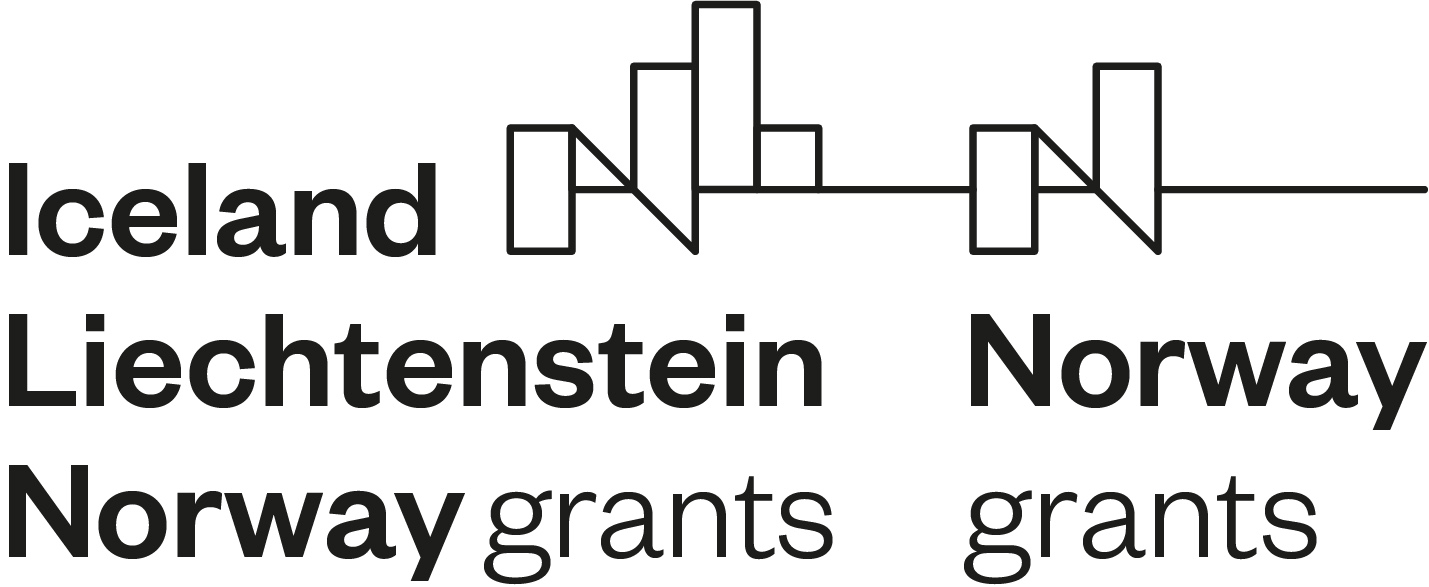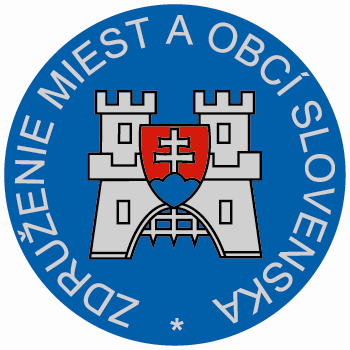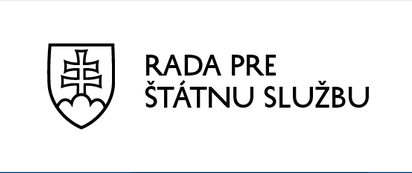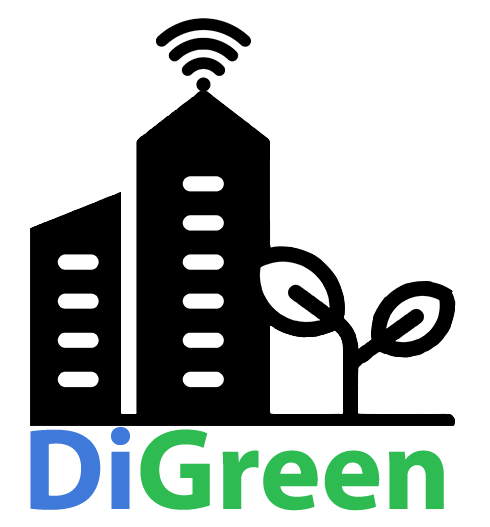
The DiGreen Handbook of DIGITAL good Practice presents good examples of providing public services using digital means and ICT tools. Municipalities and cities either produce these tools “in-house” or use private sector products.
The text of the handbook is written in a clear, non-technical language, accessible to the general public, in order to be userfriendly and easy to understand and apply for practitioners. The digitally provided public services present ways to rationalie the provision of competencies that the municipalities and cities have, to engage inhabitants in governance, to enhance the provision of public services qualitatively, to base public policymaking on evidence and to take transparency and openness into consideration when providing public services.
The importance of targeting municipalities and cities is relevant in terms of their involvement in higher education. Higher education students of public administration, public management, public policy and other similar study programmes also fulfil their practical part of the study at the municipality and city public bodies.
Municipalities and cities from which good practice examples are presented in this handbook:
- Kremsmünster (Austria)
- Linz (Austria)
- Lana (Italy)
- Naturno (Italy)
- Luson (Italy)
- Bucharest (Romania)
- Gura Humorului (Romania)
- Bacău (Romania)
- Giurgiu (Romania)
- Kežmarok (Slovakia)
- Košice (Slovakia)

The DiGreen Handbook of GREEN good Practice presents good examples of providing public services using green means. Municipalities and cities produce these ”in-house” tools or use private sector products.
The text of the handbook is written in a clear, non-technical language, accessible to the general public, to be user-friendly and easy to understand and apply for practitioners. The ecologically provided public services present ways to rationalise the provision of competencies that the municipalities and cities have, engage inhabitants in governance, enhance the provision of public services qualitatively, base public policymaking on evidence, and take transparency and openness into consideration when providing public services.
The importance of targeting municipalities and cities is relevant in terms of their involvement in higher education. Higher education students of public administration, public management, public policy and other similar study programmes also fulfil their practical part of the study at the municipality and city public bodies.
Municipalities and cities from which good practice examples are presented in this handbook:
- Kremsmünster (Austria)
- Oberösterreichische Zukunftsakademie – think tank for trends and innovation (Austria)
- Linz (Austria)
- Lana (Italy)
- Naturno (Italy)
- Luson (Italy)
- Bacău (Romania)
- Gura Humorului (Romania)
- Mărăcineni (Romania)
- Kežmarok (Slovakia)
- Hlohovec (Slovakia)

The “Crosscutting teaching and education DiGreen concept” will be produced as an interdisciplinary educational and life-long learning knowledge base that will encompass content for developing knowledge in the field of digitalisation and climate neutrality.
Exploring Digital and Green Concepts – Knowledge Base for Cities and Municipalities
Understanding Digital and Green Municipalities and Cities
Digitálne a zelené obce a mestá v skratke
Alla scoperta di concetti digitali e verdi per cità e comuni
O perspectivă asupra municipalităților și orașelor digitale și verzi
The publication Exploring Digital and Green Concepts. knowledge Base for Cities and Municipalities is the result of the project Digital Government for Green Municipalities and Cities – DiGreen. The project is co-funded by the Erasmus+ Programme of the European Union.
The project has brought together experts from different universities and research institutions in a unique international consortium to address the problems of munic- ipalities and cities. With experts coming from different countries and familiar with different policy frameworks and communal strategies, it has been possible to develop new perspectives on how municipalities and cities in Europe can respond to new trends and challenges and how they can adapt their policies and relations with their citizens. In this publication, we address challenges focusing on digitalisation and climate change.
The publication is designed as an interdisciplinary knowledge base encompassing backgrounds, common topics and challenges relevant to communal policy, digitalisation at the level of municipalities and cities, and green transition topics. Digital and green backgrounds provide necessary contexts and explanations about the digitalisation and digital transition, climate neutrality and sustainability, and highlight modern trends and challenges that the municipalities and cities face during the digital and green transition. Common topics for municipalities and cities summarize a selection of current communal management approaches, that can help municipalities and cities to cope and deal with digital and green transition opportunities, possibilities, and potential risks. Digitalisation at the communal level presents modern approaches to digital communal transition, highlighting general information, importance and benefits, practical applications, limitations and challenges. Green transition at the communal level emphasizes a representation of areas to be considered as an integral part of sustainable communal development, stressing out general information, importance and benefits, practical applications, limitations and challenges.
The main target groups of this publication are teachers and researchers, higher education students in public administration, political sciences and related disciplines, and professionals already working in the municipality or city self-government public bodies. The aim is to contribute to the scientific discourse and debate on the most urgent and relevant topics considering the digital and green transition, emphasizing the communal level of governance. Students who aspire to work for a municipality or city can develop the knowledge needed in the framework of digital transformation of society and climate neutrality. Professionals already working in a municipality or city can develop their knowledge of digitalisation and climate neutrality to fulfil tasks within local public authority’s activities.

The “Multidimensional DiGreen Curriculum” will be developed as a curriculum usable in its entirety or at the level of particular specific modules for higher education covering digitalization and climate neutrality topics.
Multidimensional DiGreen Curriculum (English)
Multidimensional DiGreen Curriculum (Slovak)
Multidimensional DiGreen Curriculum (Italian)
Multidimensional DiGreen Curriculum (Romanian)
Multidimensional DiGreen Curriculum (German)
The Multidimensional DiGreen Curriculum is the result of the Digital Government for Green Municipalities and Cities – DiGreen project. The project is co-funded by the Erasmus+ Programme of the European Union.
The project has brought together experts from different universities and research institutions in a unique international consortium to address the problems of municipalities and cities. With experts from various countries and familiar with different policy frameworks, communal strategies, higher educational systems, teaching methodologies, and educational approaches, it has been possible to develop a curriculum bridging theory and practice.
The curriculum is usable in its entirety or at the level of particular specific modules for higher education covering digitalization and climate neutrality topics, either as a stand-alone course or incorporated into existing courses. The Multidimensional DiGreen Curriculum focuses mainly on understanding the digitalization of the society, international comparison and analysis of the digitalization of the society and climate neutrality in public policy. The present and future digital skills of students and communal employees, respecting green sustainability are at the forefront of this curriculum.
The curriculum is well-balanced and available for non-technical study programmes across different countries for integrating digitalization and climate neutrality topics into higher education.
The curriculum interconnects all the project results developed and produced as a part of the DiGreen project with the overall intention to transfer communal good practice and theory into higher education. It is available online, in English and in all project consortium national languages (Slovak, Italian, German, Romanian).

..
